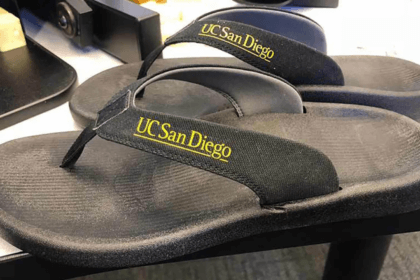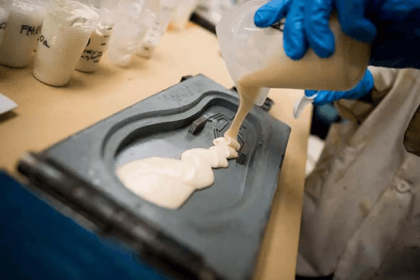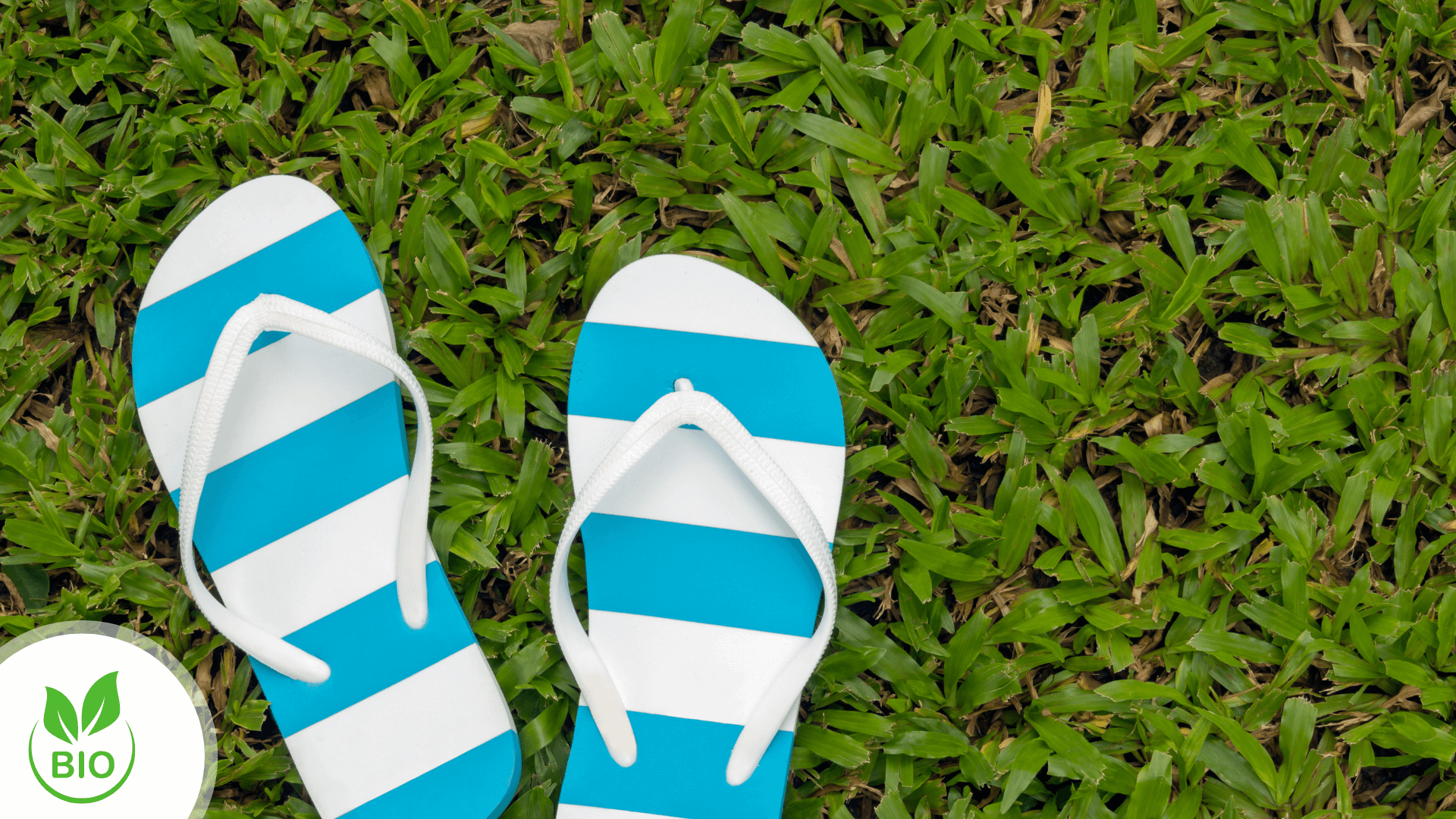In a ground breaking step toward sustainable consumer products, researchers at the University of California, San Diego (UCSD) have developed biodegradable flip-flops using polyurethane derived from algae oil. This innovation could significantly reduce waste from footwear, particularly from flip-flops, one of the most commonly used types worldwide.
Each year, billions of flip-flops are manufactured and sold globally. Once discarded, these materials can take a long time to decompose. Addressing this issue, the UCSD team set out to create an eco-friendly alternative that performs just like conventional foam but is derived from renewable resources and decomposes safely at the end of its life cycle.
The researchers used algae oil, extracted from algae biomass, to develop a biobased polyurethane foam. The formulation achieves over 50% biocontent, and importantly, retains the flexibility, durability, and comfort needed for footwear applications.
What makes this particularly exciting is that the foam performs comparably to conventional flip-flop materials but biodegrades within 16 weeks under composting or soil conditions and leaves no toxic residues behind.
Their findings were published in Cell Reports Physical Science, in a paper titled “Rapid biodegradation of renewable polyurethane foams with identification of associated microorganisms and degradation products“.
This innovation is more than just academic. UCSD partnered with materials scientists and bioengineers to test the foam’s viability in real-world footwear production, producing prototype flip-flops that can be worn, used, and composted.
Beyond flip-flops, the technology opens the door for biodegradable polyurethane in a range of other products as well. The project also helps shift the global perception of plastics to materials engineered with end-of-life decomposition in mind.
You can read more about the new science behind algae based flip-flops here

Stephen Mayfield/UC San Diego

Erik Jepsen/UC San Diego




